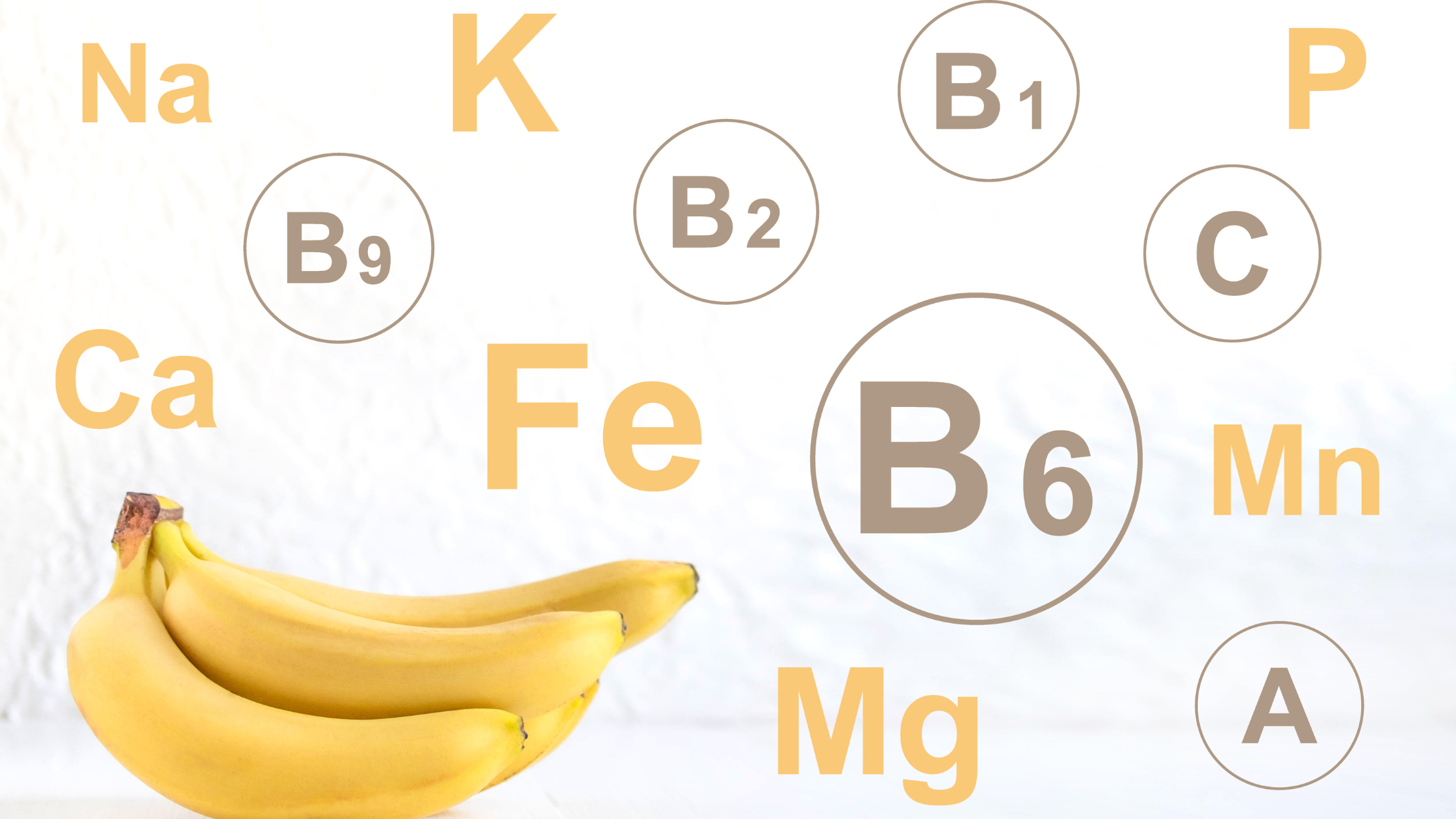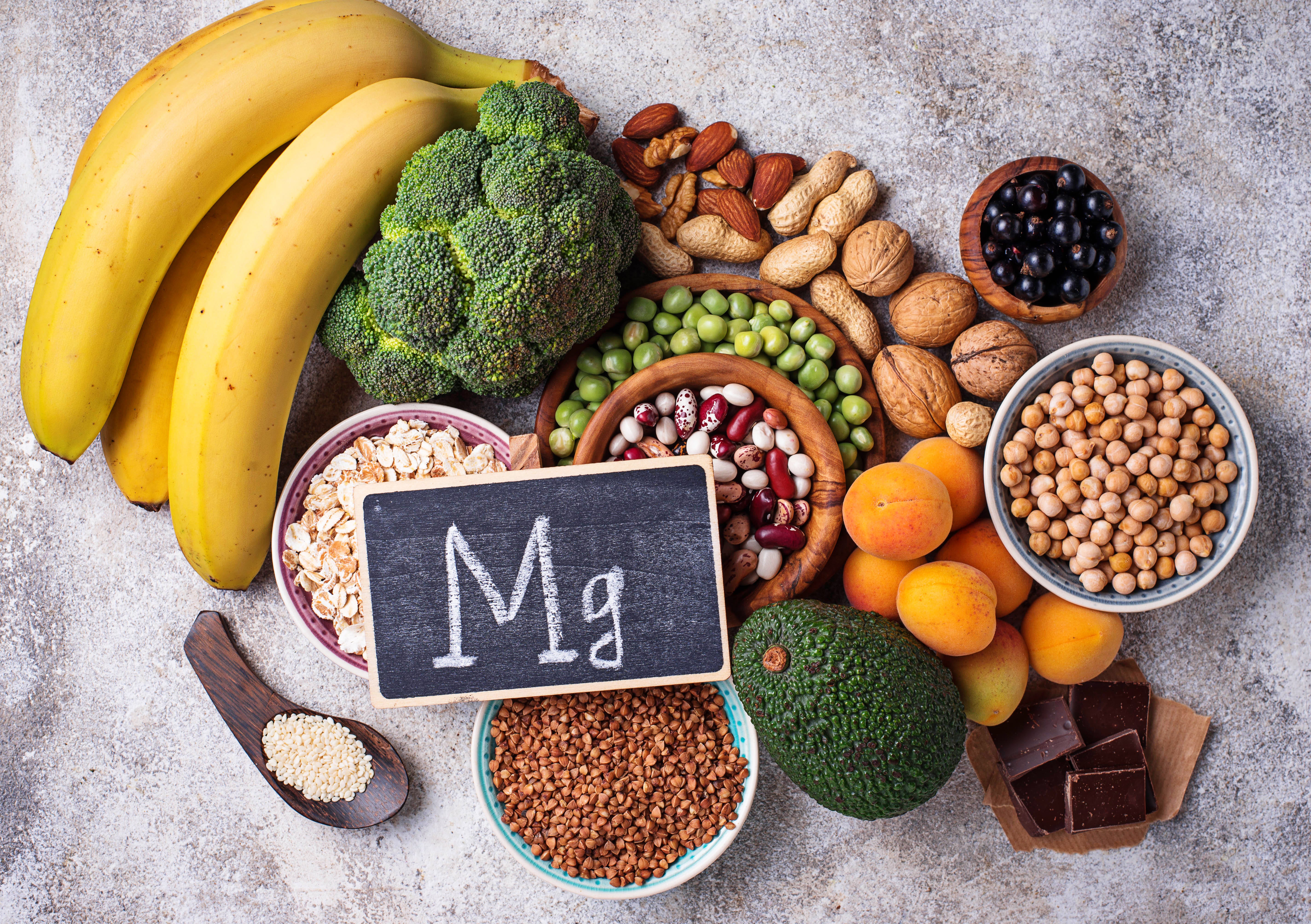
Top 10 Vitamins and Minerals for Energy & Focus
Table of Contents
-
- Why Nutrients Matter for Energy & Focus
- B Vitamins: The Energy Powerhouse
- Vitamin D: The Essential Sunshine Vitamin
- Iron: Supporting Oxygen Transport
- Magnesium: The Relaxation & Energy Balance Mineral
- Omega-3 Fatty Acids: Brain Function & Mental Clarity
- CoQ10: Cellular Energy Production
- Zinc: Cognitive Function & Immune Support
- Choline: Memory & Focus Support
- Antioxidants: Protecting Against Cognitive Decline
- How to Choose High-Quality Supplements
- Frequently Asked Questions
- Final Thoughts
- References
Why Nutrients Matter for Energy & Focus
Feeling fatigued, mentally foggy, or struggling to concentrate? You’re not alone. In today’s fast-paced world, stress, poor diet, and environmental factors can all take a toll on our energy levels and cognitive function.
While lifestyle changes like proper sleep, hydration, and exercise play a critical role, the right vitamins and minerals can help support mental clarity, sustained energy, and optimal brain function.
In this guide, we’ll explore the top 10 vitamins and minerals that play a role in energy metabolism, cognitive function, and overall mental performance—backed by science.
B Vitamins: The Energy Powerhouse
B vitamins are essential for energy production, brain function, and neurotransmitter balance. They help convert food into usable energy and play a role in reducing mental fatigue and supporting focus.
Key B Vitamins for Energy & Focus:
- Vitamin B1 (Thiamine): Supports brain function and glucose metabolism.
- Vitamin B3 (Niacin): Helps produce ATP, the body's energy currency.
- Vitamin B6 (Pyridoxine): Involved in neurotransmitter synthesis, affecting mood and focus.
- Vitamin B9 (Folate): Supports cognitive function and red blood cell formation.
- Vitamin B12 (Cobalamin): Crucial for nerve function and oxygen transport.
Since B vitamins are water-soluble, they must be replenished daily. Deficiencies can lead to brain fog, fatigue, and poor concentration (PubMed Study).
Food Sources of B Vitamins
To support energy and cognitive function, include leafy greens, eggs, lean meats, legumes, and whole grains in your diet. Vegetarians and vegans may need a B12 supplement due to its limited availability in plant-based foods.
Vitamin D: The Essential Sunshine Vitamin
Vitamin D is crucial for immune function, mood regulation, and energy balance. Research suggests that low vitamin D levels are associated with fatigue, depression, and cognitive decline (PubMed Study).
Why Vitamin D Matters for Energy & Focus
Vitamin D plays a role in dopamine production, a neurotransmitter linked to motivation and focus. Low levels have been associated with brain fog, low energy, and increased stress.
Best Sources of Vitamin D
The best source of vitamin D is sunlight exposure, but it can also be obtained from fatty fish (salmon, sardines), egg yolks, and fortified dairy products. For those with limited sun exposure, supplementation may be necessary.
Iron: Supporting Oxygen Transport
Iron is an essential mineral that supports oxygen delivery to the brain and muscles. Low iron levels can lead to fatigue, poor concentration, and weakness.
Iron & Brain Function
Iron plays a role in neurotransmitter production and energy metabolism. A deficiency, especially in women, can lead to anemia, sluggishness, and difficulty focusing (PubMed Study).
Best Food Sources of Iron
Iron-rich foods include red meat, spinach, lentils, and quinoa. Pairing iron sources with vitamin C-rich foods enhances absorption.
Magnesium: The Relaxation & Energy Balance Mineral
Magnesium is essential for muscle relaxation, nerve function, and ATP (energy) production. It plays a key role in reducing stress-related fatigue and supporting cognitive function.
How Magnesium Supports Energy & Focus
Magnesium is involved in over 300 biochemical reactions, including mitochondrial energy production. A deficiency can lead to brain fog, fatigue, muscle cramps, and difficulty sleeping (PubMed Study).
Best Dietary Sources of Magnesium
Foods rich in magnesium include pumpkin seeds, almonds, dark chocolate, spinach, and avocados. Since many people do not consume enough magnesium-rich foods, supplementation may be beneficial.
Omega-3 Fatty Acids: Brain Function & Mental Clarity
Omega-3 fatty acids—particularly EPA and DHA—are essential for brain health, reducing inflammation, and supporting memory and focus.
Why Omega-3s Matter for the Brain
Omega-3s make up a significant portion of brain cell membranes. Studies suggest that higher omega-3 intake is linked to better cognitive performance and reduced mental fatigue (PubMed Study).
Food Sources of Omega-3s
To support brain function, include wild-caught salmon, walnuts, flaxseeds, and chia seeds in your diet. If dietary intake is insufficient, consider high-quality fish oil or algae-based supplements.
CoQ10: Cellular Energy Production
Coenzyme Q10 (CoQ10) is a powerful antioxidant that helps generate energy in cells and protects against oxidative stress.
How CoQ10 Boosts Energy
CoQ10 is crucial for mitochondrial function, helping to produce ATP, the body's main energy source. Research suggests that CoQ10 levels decline with age, which may contribute to fatigue and decreased mental performance (PubMed Study).
Best Sources of CoQ10
CoQ10 is naturally found in organ meats, fatty fish, and nuts. However, supplementation is often necessary to maintain optimal levels, particularly for individuals taking statins, which can lower CoQ10 production.
Zinc: Cognitive Function & Immune Support
Zinc is an essential trace mineral that plays a vital role in brain function, neurotransmitter activity, and immune health. It supports mental clarity, learning ability, and memory retention.
How Zinc Supports Brain Health
Zinc is required for neurotransmitter signaling and synaptic plasticity, both of which are crucial for focus, attention, and long-term memory formation. A deficiency can lead to impaired concentration, low energy levels, and a weakened immune response (PubMed Study).
Best Dietary Sources of Zinc
Zinc is abundant in oysters, beef, pumpkin seeds, and chickpeas. Since plant-based sources are less bioavailable, vegetarians and vegans may require supplementation.
Choline: Memory & Focus Support
Choline is a precursor to acetylcholine, a neurotransmitter involved in learning, memory formation, and cognitive processing. It is essential for maintaining focus, mental sharpness, and brain cell communication.
How Choline Supports Mental Performance
Research suggests that higher choline intake is associated with better cognitive function and reduced risk of neurodegenerative disorders. It also plays a role in nerve signal transmission and brain plasticity, which contribute to overall brain health (PubMed Study).
Best Dietary Sources of Choline
Choline is found in egg yolks, liver, salmon, and soybeans. Since most people don’t get enough choline from diet alone, supplementation may be beneficial for brain function.
Antioxidants: Protecting Against Cognitive Decline
Antioxidants help protect brain cells from oxidative stress, inflammation, and premature aging. Key antioxidants that support cognitive function include vitamin C, vitamin E, and polyphenols.
How Antioxidants Support Brain Health
Oxidative stress is a leading cause of brain aging and cognitive decline. Studies show that diets high in antioxidants may help reduce mental fatigue, support memory retention, and improve focus (PubMed Study).
Best Dietary Sources of Antioxidants
Antioxidant-rich foods include berries, dark chocolate, green tea, nuts, and leafy greens. Including a variety of colorful plant-based foods in your diet can help maintain long-term brain health.
How to Choose High-Quality Supplements
With so many supplements on the market, it’s important to choose high-quality, effective formulations. Here’s what to look for when selecting vitamins and minerals for energy and focus.
Look for Third-Party Testing
Choose supplements that are certified by third-party organizations such as NSF, USP, or ConsumerLab to ensure purity and potency. Third-party testing helps verify that the supplement contains what the label claims without contaminants.
Choose Bioavailable Forms
Some nutrient forms are better absorbed than others. For example:
- ✔ Magnesium glycinate is more bioavailable than magnesium oxide.
- ✔ Methylcobalamin (B12) is better absorbed than cyanocobalamin.
- ✔ DHA & EPA (Omega-3s) from fish oil or algae are more effective than plant-based ALA.
Avoid Artificial Additives
Choose clean supplements that are free from synthetic fillers, artificial colors, and unnecessary preservatives. Opt for brands that prioritize pure, high-quality ingredients.
Check for Transparent Labeling
Avoid products that use proprietary blends where ingredient amounts are not fully disclosed. Transparency ensures you’re getting the correct dosages for effectiveness.
Frequently Asked Questions
Can vitamins really improve energy and focus?
Yes, certain vitamins and minerals play a direct role in energy metabolism, neurotransmitter production, and brain function. Deficiencies in key nutrients like B vitamins, iron, and magnesium can lead to fatigue, brain fog, and difficulty concentrating.
Is it better to get vitamins from food or supplements?
Whole foods are the best source of nutrients because they contain cofactors and phytonutrients that enhance absorption. However, modern diets, lifestyle factors, and individual deficiencies may require supplementation for optimal health.
How long does it take to notice the effects of supplements?
The effects of vitamins and minerals vary depending on individual deficiencies, lifestyle, and consistency of use. Some nutrients, like B vitamins and magnesium, may provide noticeable benefits within a few weeks, while others, like omega-3s and CoQ10, may take longer to build up in the system.
Can I take all these vitamins and minerals together?
Many of these nutrients work synergistically, but it’s important to ensure balanced dosages. Some minerals, like iron and zinc, compete for absorption, so they should be taken at different times if needed. Always consult a healthcare professional before starting a new supplement regimen.
What’s the best time of day to take supplements for energy and focus?
Many vitamins for energy, such as B vitamins and CoQ10, are best taken in the morning or early afternoon to support natural energy rhythms. Magnesium, which promotes relaxation, is often recommended in the evening.
Final Thoughts on Vitamins & Minerals for Energy and Focus
Optimizing your energy levels and mental clarity starts with proper nutrition, hydration, and lifestyle choices. However, when diet alone isn’t enough, supplementing with key vitamins and minerals can help support sustained energy, mental performance, and overall cognitive function.
Key Takeaways
- ✔ B vitamins, iron, and magnesium play a critical role in energy metabolism and mental performance.
- ✔ Omega-3s and CoQ10 support brain function, focus, and sustained cognitive clarity.
- ✔ Zinc, choline, and antioxidants help protect against cognitive decline and support neurotransmitter function.
- ✔ Choosing high-quality, bioavailable supplements ensures maximum absorption and effectiveness.
- ✔ A balanced diet combined with targeted supplementation can enhance energy and mental focus naturally.
By making informed choices, you can boost your energy and focus in a sustainable way. Always prioritize quality supplements and consult a healthcare professional if you have specific nutrient concerns.
References
- B Vitamins & Energy Metabolism – PubMed
- Vitamin D & Cognitive Health – PubMed
- Iron & Brain Function – PubMed
- Magnesium & Energy Balance – PubMed
- Omega-3s & Cognitive Function – PubMed
- CoQ10 & Mitochondrial Energy – PubMed
- Zinc & Neurotransmitter Function – PubMed
- Choline & Cognitive Performance – PubMed
- Antioxidants & Cognitive Protection – PubMed















